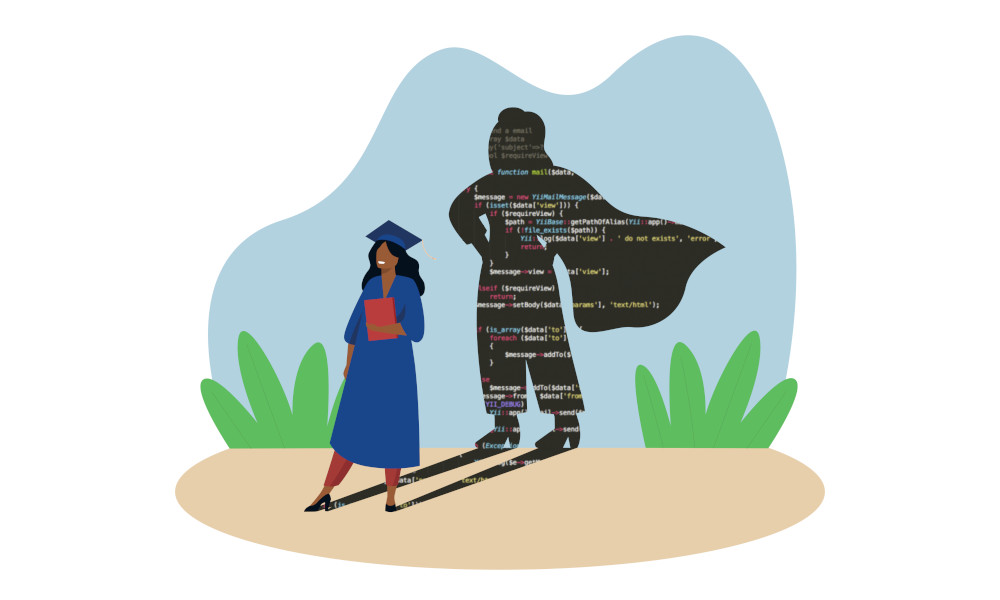The Research Software Engineering Initiative: Past, Present and Future
Research Software Engineering is an important and ubiquitous skill in today’s academia and a skill that is being used in almost all disciplines. We know from two surveys that were carried out in the last ten years that research software is everywhere and fundamental to research. One survey from the UK concluded that 92% of researchers confirmed that they are using research software and 69% said it was fundamental to their research. The second survey from the US confirmed that 95% of researchers said they are using research software and 66% said it is fundamental to their research. These surveys were in 2014 and 2017 respectively so as these were conducted a while ago, we can safely propose that the number of researchers who would say research software is fundamental to their research is even higher today.
A central pillar of science
Software is vital to research and therefore Research Software should be considered as a central pillar of science and a research output in its own right. Around the world, more needs to be achieved to recognise the value of research software engineering and provide a career path for those whose job it is to develop and maintain software in research environments.
Reward structures
The existing reward structures in academia have developed over many decades with many metrics remaining the same but they are not suitable anymore for all research output. Software is still not considered as a first-class research output by much of the research community and that needs to change. Research Software needs to be adopted into key performance indicators which should lead to enabling career paths and further recognition. At the same time, writing good code requires experience, training, expertise and specialist skills. Those doing research software engineering, (for example domain scientists, researchers, post docs, PhDs students) aren’t typically rewarded for good code but are pressured to produce results quickly.
Training
Some of the primary developers are unaware of what’s missing from their work so a concurrent goal is to improve techniques through training and knowledge exchange. All researchers, regardless of the discipline, should be exposed to good practices in research software development with the fundamentals of good software engineering forming part of basic research training. Many of the high-level FAIR data principles can be directly applied to research software by treating software and data as similar digital research objects. This asks that researchers improve the findability, accessibility, interoperability, and reusability of all research software.
About the JuRSE Team
Here you can find out about the multi-disciplinary team at FZJ and our three mission statements for JuRSE, HiRSE_PS and RSE in Germany.






